
Aging in America brings perspective, resilience, and wisdom, but it also exposes challenges younger people can’t yet imagine. Many of these struggles are subtle, deeply emotional, or hidden beneath quiet strength. They’re rarely discussed openly, but they shape the everyday lives of millions. Here are 15 struggles older Americans know all too well.
Rising Healthcare Costs

Even with Medicare, healthcare is rarely “covered.” Prescription medications can cost hundreds each month, and supplemental insurance premiums eat into fixed incomes. For many older Americans, each doctor’s visit carries anxiety not just about health, but about how to pay for it.
Feeling Invisible in Public Spaces

Many seniors describe the experience of being ignored, spoken over, or treated as if they’re not even there. In restaurants, clerks address younger companions; at family gatherings, their opinions are brushed aside. The hurt isn’t always about disrespect—it’s about fading recognition. Feeling unseen chips away at dignity, leaving older Americans craving acknowledgment more than attention.
Technology Moving Too Fast

What feels “convenient” for younger people often feels exclusionary for seniors. Banking apps, online portals, and QR codes can shut them out of basic services. Even calling customer support now means endless automated menus. While some older adults adapt quickly, many feel like the world is designed to move on without them—and the loss isn’t just technical, it’s emotional.
Fixed Incomes in an Inflationary World
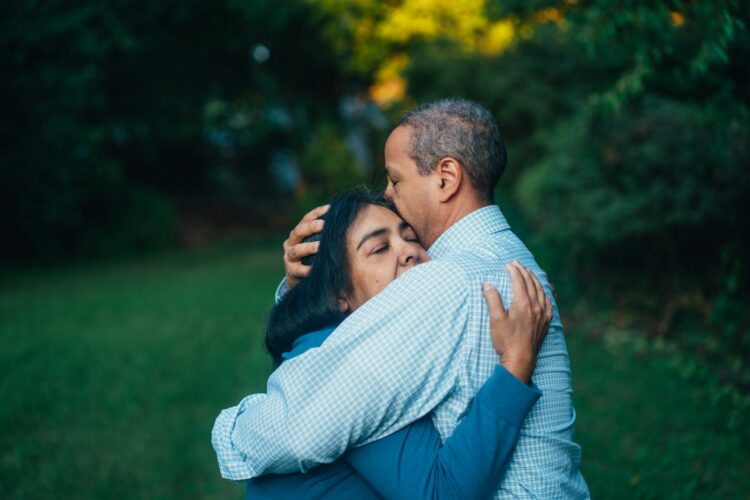
Retirement savings and Social Security rarely keep pace with inflation. Prices for gas, food, and utilities rise steadily, while incomes stay frozen. Budgeting becomes an exhausting puzzle—every expense weighed against survival. What used to be small pleasures, like dining out or taking a trip, now feel like luxuries. The stress of financial fragility is a constant undertone to daily life.
Declining Mobility

Stairs, sidewalks, and even household chores turn into battles against time and pain. Losing mobility doesn’t just mean inconvenience—it means a loss of independence. Tasks once taken for granted now require asking for help, which can bruise pride. Many older Americans silently adapt by hiding their struggles, but the effort of “just getting around” can dominate their days.
Outliving Friends and Loved Ones

With every funeral comes a piece of the self that feels erased. The shrinking circle of lifelong friends leaves seniors grasping at memories while navigating loneliness. Younger generations often underestimate how heavy this burden feels—because it’s not just loss, it’s the ongoing reminder of mortality. For older Americans, grief becomes woven into the fabric of daily life.
Doctors Who Rush Through Appointments

Healthcare often feels transactional rather than personal. Older patients report being cut off mid-sentence, misdiagnosed, or told their pain is “just age.” That dismissal steals their sense of agency over their own bodies. It’s not only the physical conditions that hurt, but also the sense of being treated like a number, rather than a human being with a full story.
Ageism at Work and Beyond
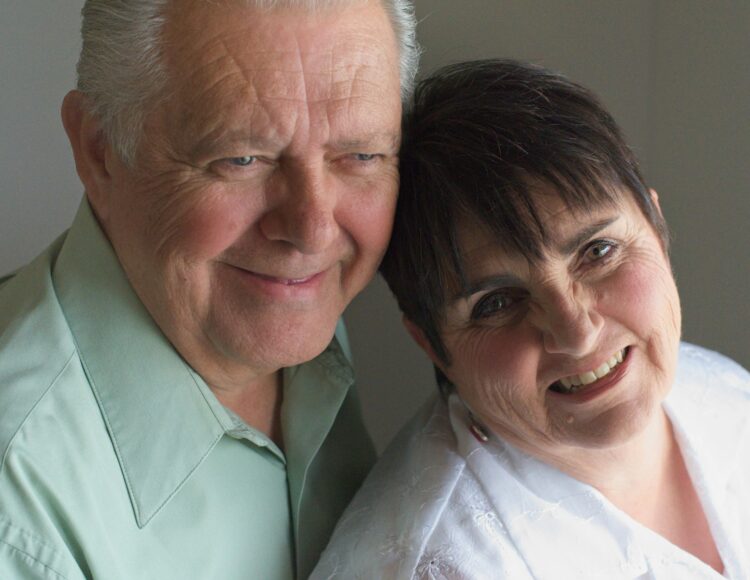
Despite decades of experience, older Americans often face being quietly sidelined in the workplace. Their resumes are overlooked, or they’re subtly pushed out before retirement. Beyond jobs, ageism shows up in the form of jokes, stereotypes, or being talked down to in everyday interactions.
Transportation Worries

Cars symbolize freedom, but driving becomes complicated with age due to vision changes, slower reflexes, and higher insurance premiums. Giving up a license can feel like giving up autonomy. Public transit often fails to fill the gap, especially in rural or suburban areas. Suddenly, simple trips to the store or doctor require coordination, dependency, and compromise that ruin independence.
Fear of Scams and Exploitation
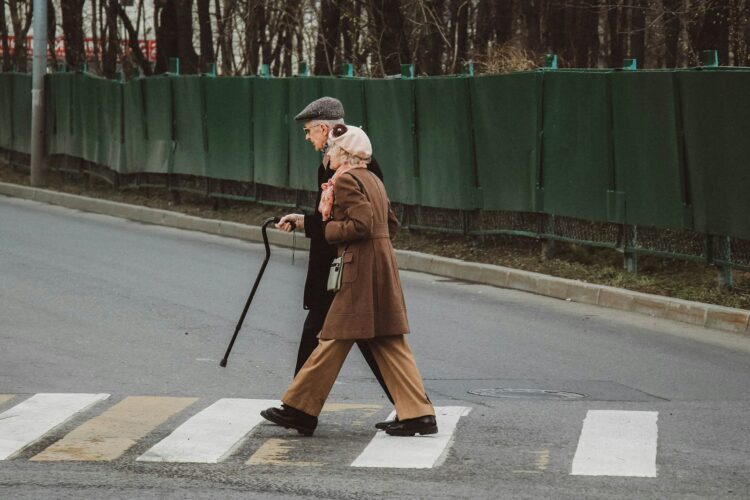
Scammers target seniors with relentless precision, knowing they may be more trusting or less tech-savvy. From fake IRS calls to online “grandparent scams,” the pressure is constant. The fear isn’t only about losing money—it’s about losing dignity. To live in constant suspicion, even of friendly calls or emails, takes a quiet toll on older Americans’ peace of mind.
Complicated Systems and Paperwork

Navigating Social Security, Medicare, or insurance claims feels like decoding another language. The systems are not only complex but unforgiving—one wrong box checked, one missed deadline, and coverage or benefits may disappear. Younger people grumble about paperwork; older Americans know the stakes are higher.
Strained Family Dynamics
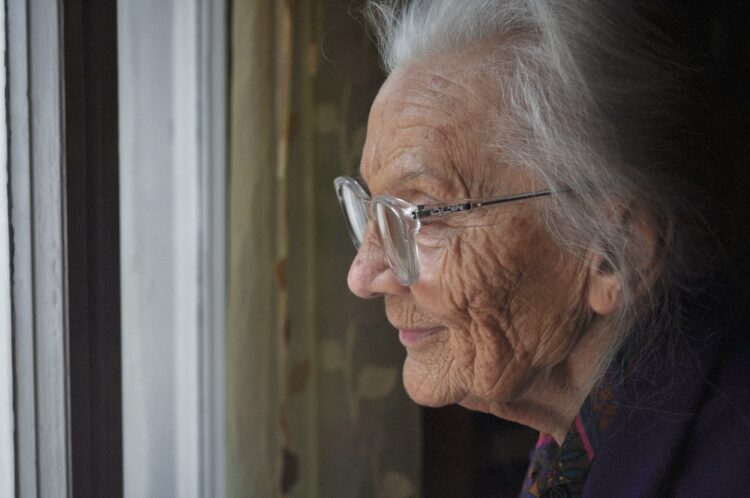
Not every senior enjoys close family bonds. For some, children are distant, busy, or emotionally unavailable. Others feel like burdens in households where tension already exists. The quiet pain of feeling unwanted or undervalued within one’s own family is one of the most cutting struggles of old age. Love doesn’t always come automatically—it often requires grace and patience.
Physical Pain as a Constant Companion
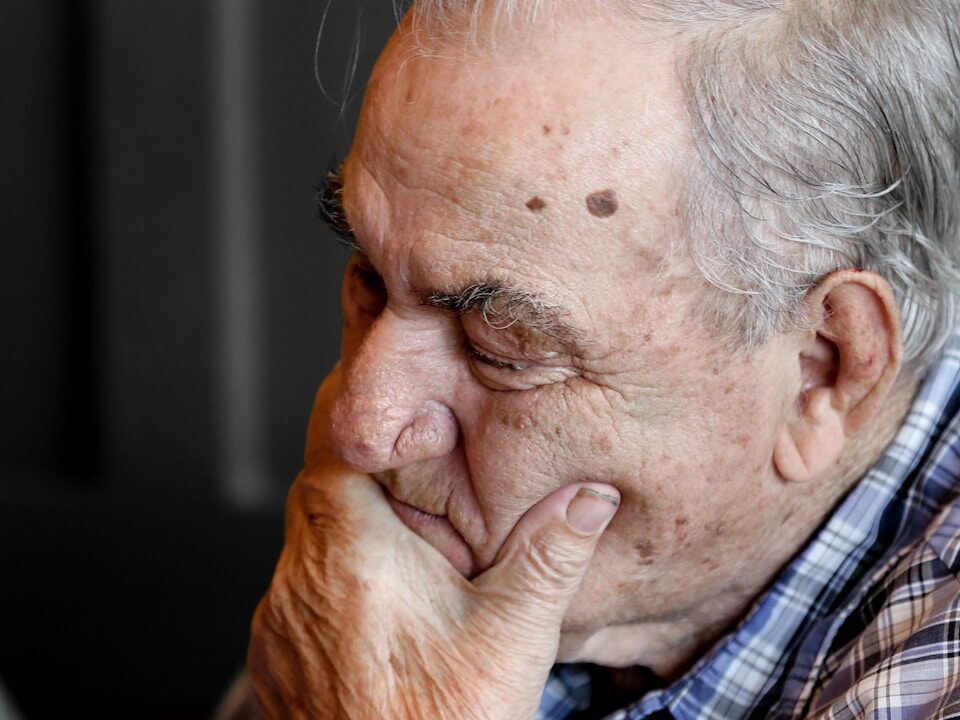
Aches and stiffness are no longer occasional—they are daily companions. From arthritis to lingering injuries, pain influences decisions about walking, traveling, or even sleeping. Many older Americans endure it silently, not wanting to complain, but inside they measure every step and every activity against how much pain it will bring.
Loneliness That Doesn’t Show
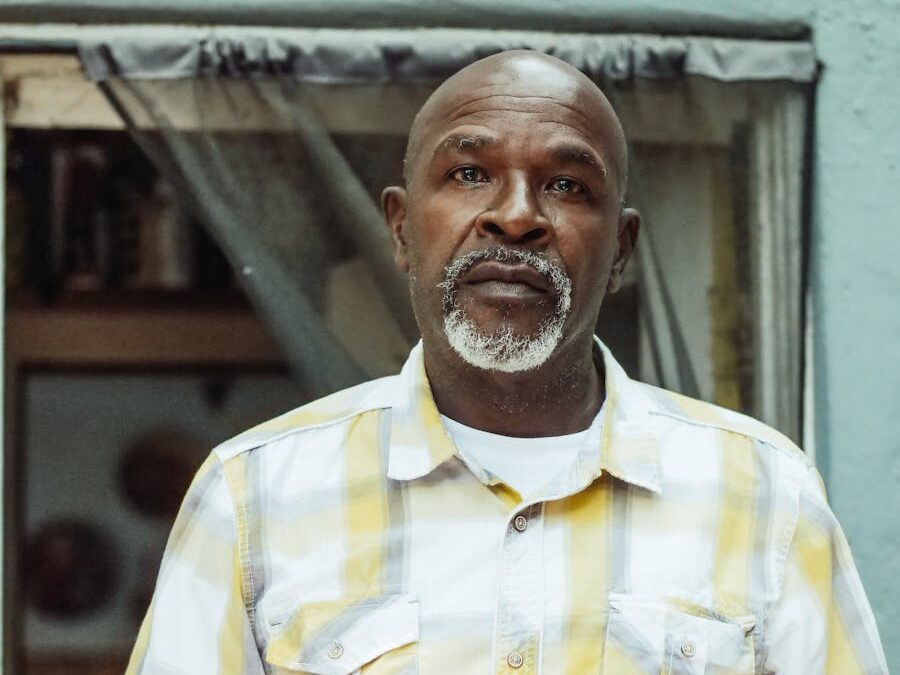
Loneliness doesn’t always mean being alone. It can exist even in full houses or lively communities. For seniors, conversations are shorter, invitations are fewer, and the feeling of connection fades. Technology bridges some gaps but cannot replace the warmth of presence. Loneliness for older Americans is not dramatic—it’s subtle, gnawing, and quietly heartbreaking.
Watching the World Change Beyond Recognition
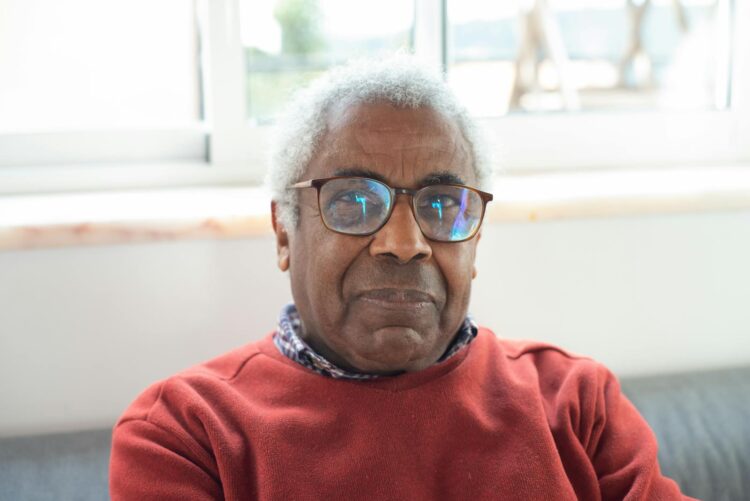
Cultural norms, music, neighborhoods, and even language evolve so quickly that the world can feel unrecognizable. Traditions once cherished feel dismissed as “old-fashioned.” For many older Americans, this isn’t just nostalgia—it’s a profound sense of displacement. They wonder if the values and rhythms they grew up with still have a place in today’s America, or if they’ve been left behind entirely.

